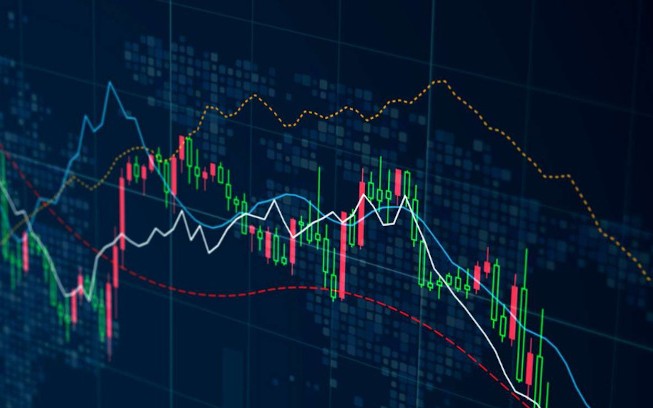
In the financial world, two of the most popular markets are Forex (foreign exchange) trading and stock trading. Each presents its own unique opportunities and challenges. In this article, we’ll compare these two trading avenues to help you understand their differences and find the right choice for you. For more insights and tips on trading, visit trading forex vs stocks Trading PH.
What is Forex Trading?
Forex trading involves the exchange of currencies on the global foreign exchange market. It’s one of the largest and most liquid financial markets in the world, with an average daily trading volume exceeding $6 trillion. The Forex market operates 24 hours a day, five days a week, making it highly accessible for traders worldwide.
What is Stock Trading?
Stock trading, on the other hand, involves buying and selling shares of publicly traded companies. Stocks represent ownership in a company, and when an investor buys shares, they own a small fraction of that company. The stock market operates during specific hours depending on the exchange, typically from 9:30 AM to 4:00 PM EST for major U.S. exchanges.
Key Differences Between Forex and Stock Trading
Market Hours
One of the most significant differences between Forex and stock trading is market hours. Forex trading operates 24/5, starting in Sydney, moving to Tokyo, London, and ending in New York. This continuous operation allows traders to react instantly to market changes at any time of day or night. In contrast, stock markets have defined trading hours. As a result, Forex trading can accommodate various trading styles, including day trading and swing trading, while stock trading tends to accommodate more long-term strategies.
Leverage

Leverage is another critical difference. Forex trading often allows for higher leverage than stock trading. In Forex, brokers commonly offer leverage ratios of 50:1 to 500:1, which means that traders can control a large position with a relatively small amount of capital. However, while high leverage can result in significant profits, it also comes with increased risk, as losses can accumulate rapidly. Stock trading tends to have lower leverage, typically around 2:1 to 4:1, which means investors may need more capital to take on similar positions.
Volatility
Forex markets are generally more volatile than stock markets. Currency values can change rapidly due to various factors, including economic data releases, geopolitical events, and central bank policies. This volatility can offer opportunities for quick profits but also increases risk. Stocks can also be volatile, particularly smaller companies or those in emerging sectors, but generally, individual stocks tend to have more stable prices in comparison to currency pairs.
Market Participants
The composition of market participants also differs between Forex and stock trading. Forex is dominated by institutional traders, including banks, financial institutions, and hedge funds. Retail traders participate in Forex trading but comprise a smaller portion of the market. In contrast, stock trading consists of a broader range of participants, from individual retail investors to large institutions. This different makeup can influence market behavior and trading strategies.
Pros and Cons of Forex Trading
Pros
- High Liquidity: With a massive pool of buyers and sellers, Forex offers high liquidity.
- 24-Hour Market: The continuous nature of Forex allows flexibility in trading times.
- Leverage: Higher leverage opportunities can amplify profits.

Cons
- High Risk: The potential for significant losses is also higher due to leverage.
- Complexity: Factors affecting currency prices can be complex to analyze.
- Less Regulation: The Forex market is less regulated than stock exchanges, which can lead to scams.
Pros and Cons of Stock Trading
Pros
- Ownership: Buying stocks means owning a piece of a company.
- Regulation: Stock markets are highly regulated, offering more investor protections.
- Diversity: A vast array of sectors and companies to choose from.
Cons
- Market Hours: Limited trading hours can constrain opportunities.
- Less Leverage: Lower leverage ratios mean less control over larger positions.
- Research Required: Investing often requires more extensive research to understand business fundamentals.
Which is Better: Forex or Stocks?
The answer to this question depends on your individual trading style, risk tolerance, and investment goals. If you seek quick trading opportunities and can manage higher risk levels, Forex may be suitable. It offers the chance to capitalize on a highly liquid market with substantial leverage. On the other hand, if you prefer a more stable investment with ownership in companies, stock trading may be the better option. Stocks tend to be safer over the long term and offer the potential for dividends.
Conclusion
In conclusion, both Forex and stock trading have their advantages and disadvantages. Understanding the differences between the two can help you make an informed decision about where to invest your time and capital. Consider your trading style, risk tolerance, and long-term investment goals as you weigh the options available in these two dynamic markets. Regardless of the path you choose, continuous learning and practice are essential for achieving success in the trading world.
